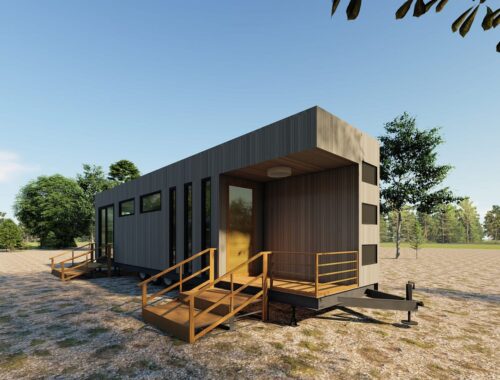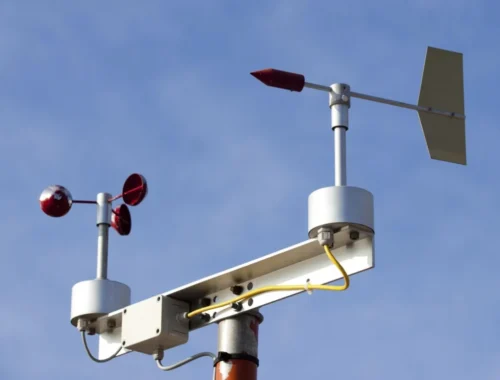With Egyptian Assault, Gaza Loses an Underground Lifeline
GAZA CITY – The border between Egypt and the Gaza Strip used to buzz with activity until a few months back as traders brought in an array of Egyptian goods – from food supplies to raw material – through hundreds of tunnels.
But these underground structures, located 40 km from here, between Rafah in Gaza and Sinai in Egypt, have fallen silent.
Things came to a grinding halt after the Egyptian army came to power in Cairo. Calling them a security threat, it launched a systematic military campaign against the tunnels, destroying them, along with the houses under which they were built on its side of the border.
“Never before have we faced this kind of pressure from the Egyptian army.”
For people in Gaza, home to 1.7 million people, the closure of the tunnels has choked a lifeline. Thousands of tunnel operators, traders and workers have been hard hit.
“Never before have we faced this kind of pressure from the Egyptian army and, it seems, things are going to get worse,” said Abu Nabil, a Gaza resident who gave only his nickname for security reasons. He had operated a tunnel on the Palestinian side since 2007.
Nabil said more than 90 percent of the passages, most of which are privately operated, have been destroyed by the Egyptian military, completely paralysing trade through the tunnels.
He used to employ 20 workers in his tunnel. They would transport goods, food supplies, electronic equipment and construction material from Egypt to Gaza. Now these employees – among an estimated 20,000 tunnel workers – are jobless.
The tunnel area stretches more than eight kilometres along the border. It’s not open to the public, except with permission from the ruling Hamas party in Gaza. It is monitored by Hamas security forces on the Palestinian side.
While the Egyptian army has established a buffer zone of 500 metres along the border and set up security checkpoints, operators are trying to find a way out. Nabil is trying to extend the length of his tunnel so that it can bypass the buffer zone.
But problems are set to persist as, for the Egyptian authorities, the tunnel trade is illegal.
Egyptian military spokesperson Colonel Ahmed Mohammad told IPS: “The tunnels are used to smuggle militants and radical groups that threaten Egyptian national security. They should be destroyed.”
The authorities in Egypt also point out that goods sent into Gaza through the tunnel do not carry a legal stamp or tax.
But it’s a different story in Gaza, where the Hamas government recognises the tunnel trade.
SCROLL TO CONTINUE WITH CONTENT


